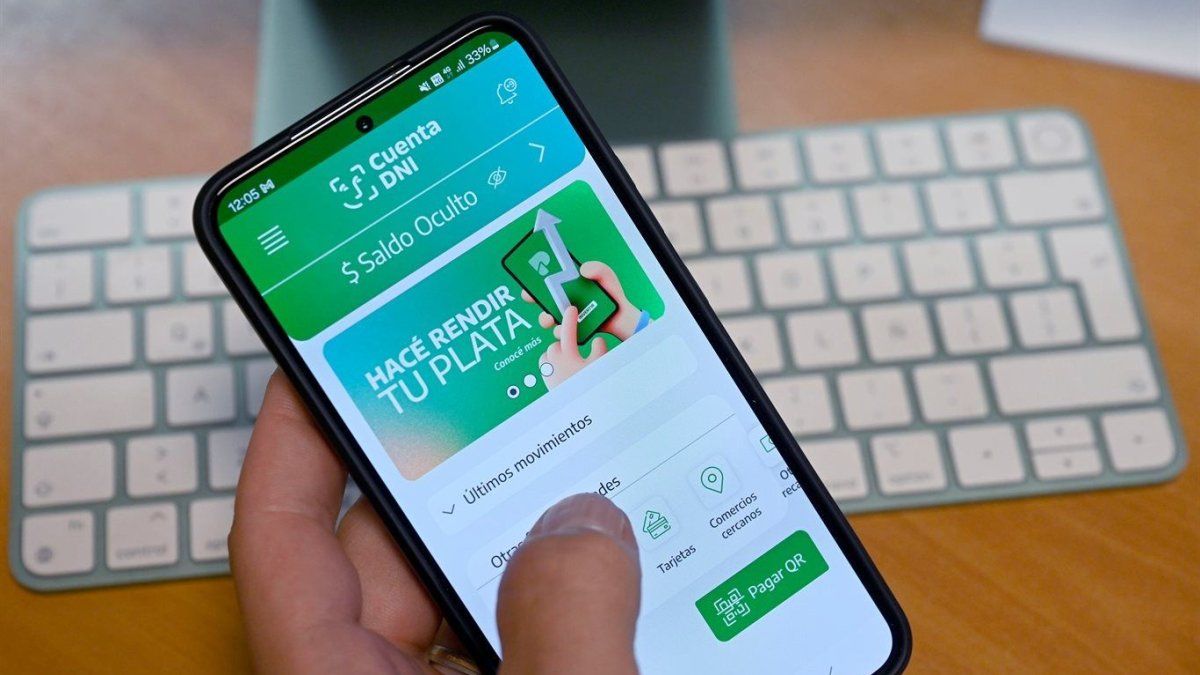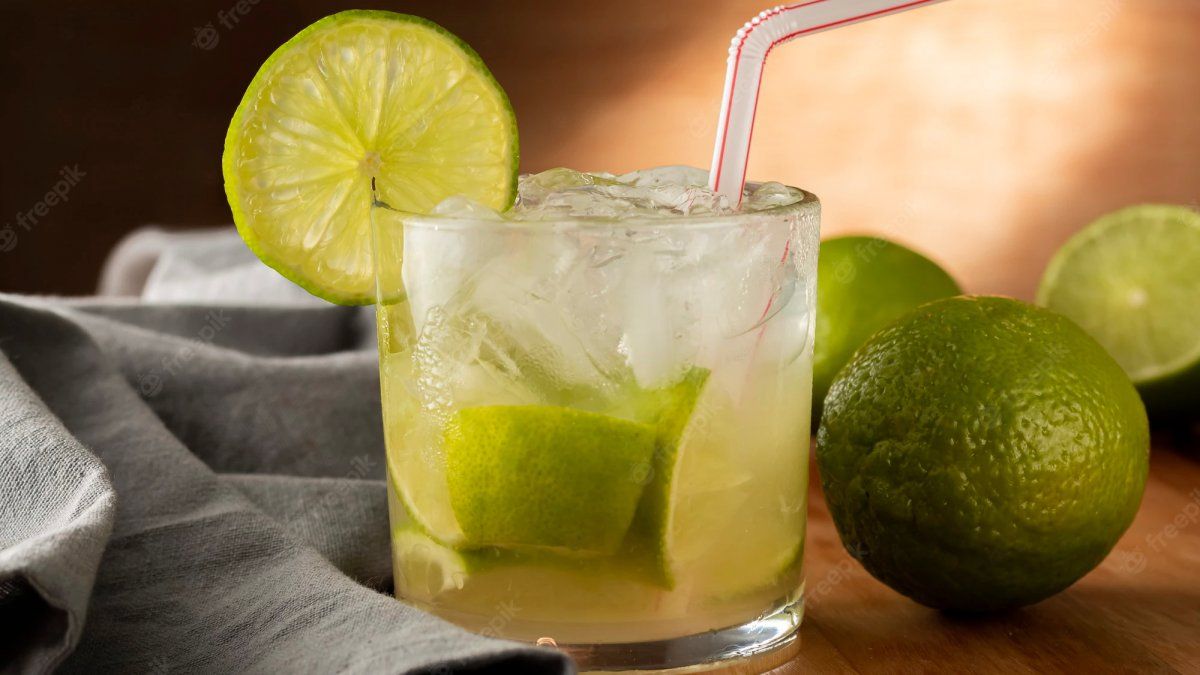Image: JOE KLAMAR (AFP)
The AUA parent Lufthansa is expanding the options for offsetting CO2 emissions from flights with a new “green” flight tariff. Austrian Airlines (AUA) is offering the so-called “Green Fares” on all European routes from February 15th. With other airlines in the Lufthansa Group, the “green” tickets can also be booked to North Africa, said Lufthansa CEO Harry Hohmeister on Monday. “It’s the first product with 100 percent carbon offsetting,” he said.
The burden on the climate is compensated for by 20 percent through the proportionate use of sustainable aviation fuel (SAF) and 80 percent through the financing of climate protection projects. The option initially consists of more than 730,000 flights a year for all airlines in the Lufthansa Group – in addition to the main brand Lufthansa and Austrian Airlines, these include Brussels Airlines, Swiss and Edelweiss in Switzerland, Eurowings Discover and Air Dolomiti. Intercontinental routes are to be added later.
Controversial Compensation
The compensation of emissions by financing climate protection projects, the so-called CO2 compensation, is a controversial topic. Critics see it as “a modern sale of indulgences”. For example, the environmental protection organization Greenpeace. It is often not clear where the money is actually going and how big the contribution to the climate actually is. There is also the danger of “green washing”, for example because companies offset their CO2 emissions instead of revising climate-damaging processes. The question of the appropriate level of the CO2 price also provides material for discussion, as this cannot be fixed in general terms.
Lufthansa is the first airline in the world with such a tariff, which is offered as a complete product in addition to conventional tickets without any CO2 offsetting. So far it has been possible to book a contribution to the use of SAF or to climate protection projects separately with the regular flight ticket. But only 0.1 percent of the passengers used that, explained Lufthansa board member Christina Foerster. During the test run of the “Green Fares” in Scandinavia, two percent of customers were willing to pay more for climate-friendly flying.
Tickets “noticeably” more expensive
Hohmeister explained that it was impossible to say in general how much more expensive the tickets would be. But it will be “noticeably” more. SAF, which has so far been obtained from waste and waste oil, is only available in small quantities and is three to five times more expensive than kerosene. Lufthansa wants to buy more and more of them. The current stock is already enough to cover the “Green Fares”. Lufthansa wants to attract customers with extras such as additional miles for the bonus program for sustainable flying. The airline has recently been issuing corporate customers with CO2 reduction certificates, which companies can use to offset their own climate protection goals.
The current climate protection options should remain in place. According to Hohmeister, including the new tariff, Lufthansa is aiming to sell five percent of the tickets in a climate-friendly version. This should help to achieve the aviation group’s goal of halving CO2 emissions by 2030 and becoming climate-neutral by 2050. In addition to the use of SAF and the financing of climate protection projects, the planned purchase of 200 new aircraft with significantly less kerosene consumption by 2030 is a lever. “We believe that customer behavior will change and are therefore confident of being able to achieve the goal,” said Foerster.
more from economy




